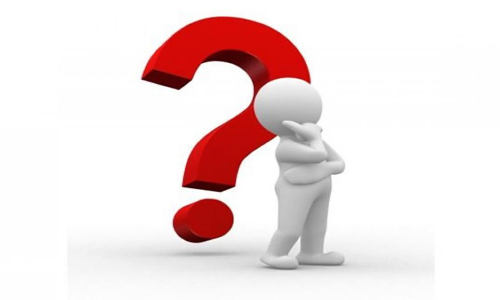Live
- How daytime sleep can raise dementia risk
- 2024 Lok Sabha elections: Some interesting facts about Friday's first phase
- Today is World Heritage Day : Raising awareness about importance of natural heritage sites
- Hindustan Zinc says it has become world's 3rd largest silver producer
- 'BJP is truly secular': Goa CM welcomes Archbishop's circular
- The journey of pursuing B.Sc in fashion & apparel design
- HDFC Life logs Rs 1,569 crore PAT, declares final dividend of Rs 2
- IPL 2024: Jay Shah invited 12,000 Cancer and Thalassemia to watch GTvDC match live in Ahmedabad
- Two criminals held for killing a man in Delhi
- Rajasthan: Tough fight in 6 out of 12 seats where voting will be held on Friday









